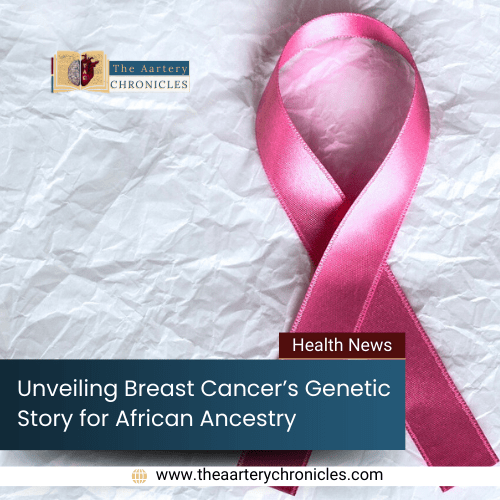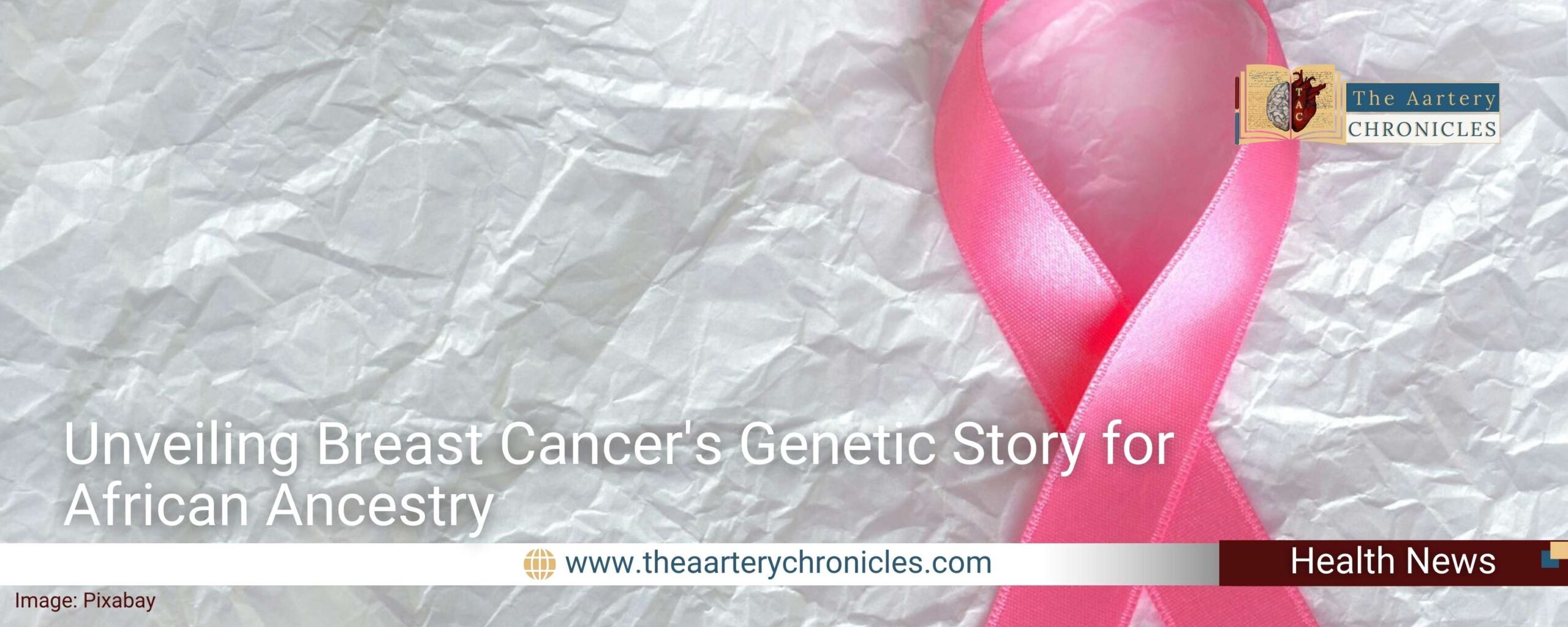

Unveiling Breast Cancer's Genetic Story for African Ancestry
Introduction to Groundbreaking Genetic Discoveries
In a groundbreaking study published on Monday, researchers have identified twelve genes associated with breast cancer risk in women of African ancestry. This discovery may revolutionize our ability to predict and understand breast cancer in this population. Unlike previous studies that focused mainly on women of European descent, this research looked at over 40,000 women of African ancestry across the United States, Africa, and Barbados.
Among them, 18,034 had been diagnosed with breast cancer. The study uncovered mutations not previously linked with the disease or not as strongly associated as in this analysis. This suggests that genetic risk factors for breast cancer may vary between women of African and European descent, highlighting the importance of diverse genetic research.
Unique Genetic Mutations and Breast Cancer Risk Assessment
One newly identified mutation stood out for its strong association with breast cancer, a rarity in cancer genetics research. Surprisingly, some genes known to increase breast cancer risk in white women showed no association with the disease in this study.
Statistics reveal that black women in the United States face higher rates of breast cancer before age 50, more challenging-to-treat breast cancers, and a 42% higher death rate from breast cancer compared to white women. By combining these newly identified genes with known ones like BRCA1 and BRCA2, the researchers developed a more accurate breast cancer risk score specifically for women of African ancestry.
This could significantly enhance our ability to predict breast cancer in this population. Moreover, six of the identified genes were linked with triple-negative breast cancer, the most aggressive form of the disease.
Implications for Women of African descent and Future Research
Black women already face nearly three times the risk of this cancer type compared to white women. Those carrying all six genes were found to be over four times more likely to be diagnosed with triple-negative breast cancer.
However, further evaluation is needed before these variants can be routinely tested. While the American Cancer Society recommends genetic testing for all breast cancer patients regardless of race, disparities exist.
Black women are less likely to undergo such testing due to differences in physician recommendations or access to care. This groundbreaking study opens new avenues for understanding and predicting breast cancer in women of African ancestry, potentially leading to more targeted and effective interventions in the future.
Source: Inputs from various media Sources





